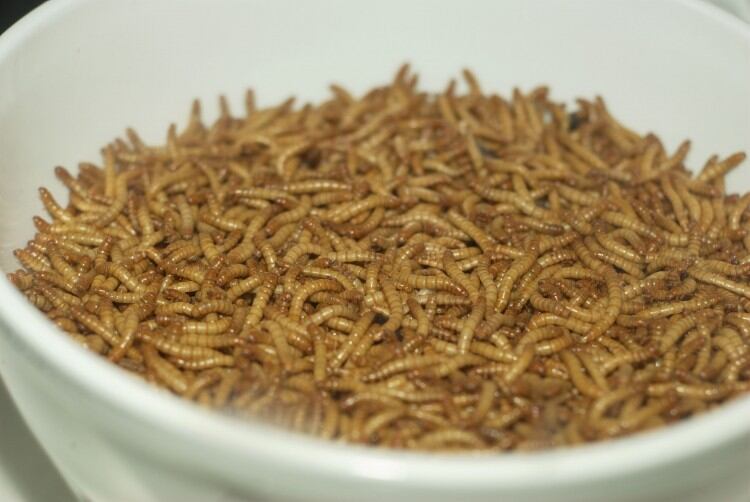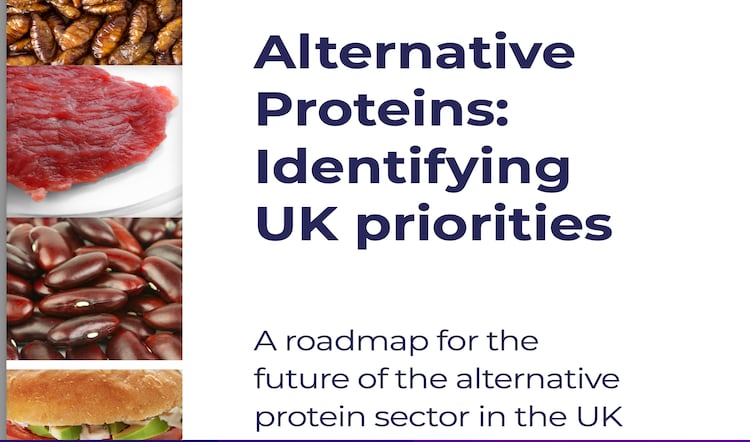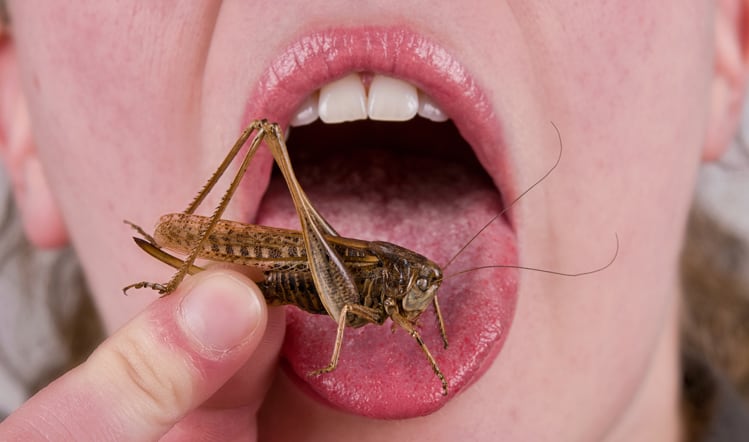The lesser mealworm (Alphitobius diaperinus) has become the fourth insect to receive a positive assessment by the EFSA for human consumption.
The EFSA Panel on Nutrition, Novel Foods and Food Allergens (NDA) was asked to deliver an opinion on frozen and dried formulations from whole lesser mealworm (Alphitobius diaperinus larva) as a novel food pursuant to Regulation (EU) 2015/2283.
It said that its toxicity study with the mealworm did not raise safety concerns.
Market approval
The EFSA assessment will now have to be confirmed by the European Commission, which will give the final authorisation for market approval in the European Union following endorsement by the EU Member States authorities, before the product can go more widely on sale across the whole continent.
Ÿnsect Netherlands (formerly Protifarm) submitted the application to EFSA with a view to expanding its activities in Europe. The company said it was now on track to accelerate production to meet the increasing demand across EU markets.
“Mealworm protein is the only one in the world available on the market able to combine not only performance and health but also naturalness and sustainability. Compared to traditional livestock, Ÿnsect uses 98% less land while significantly reducing the carbon and biodiversity footprints of protein production. This will open the world up to new food product development,” said Shankar Krishnamoorthy, EVP and chief development officer at Ÿnsect.
Sustainable
“Additionally, you only need one or two kilos of feed to produce 1kg of insect protein, as opposed to nine kilos for traditional beef. Insect protein is not only more sustainable but will open the world up to a new way of food product development that is efficient, nutritious and able to positively impact the food chain at multiple points,” he added.
In a survey commissioned by Ÿnsect and conducted OnePoll in April 2022, over half of UK respondents (51%) revealed a willingness to consume insects once the environmental and health benefits had been explained. Moreover, 89% of the 2,149 UK adults surveyed who had already eaten insects or insect protein said they liked what they ate or would eat insects again.




